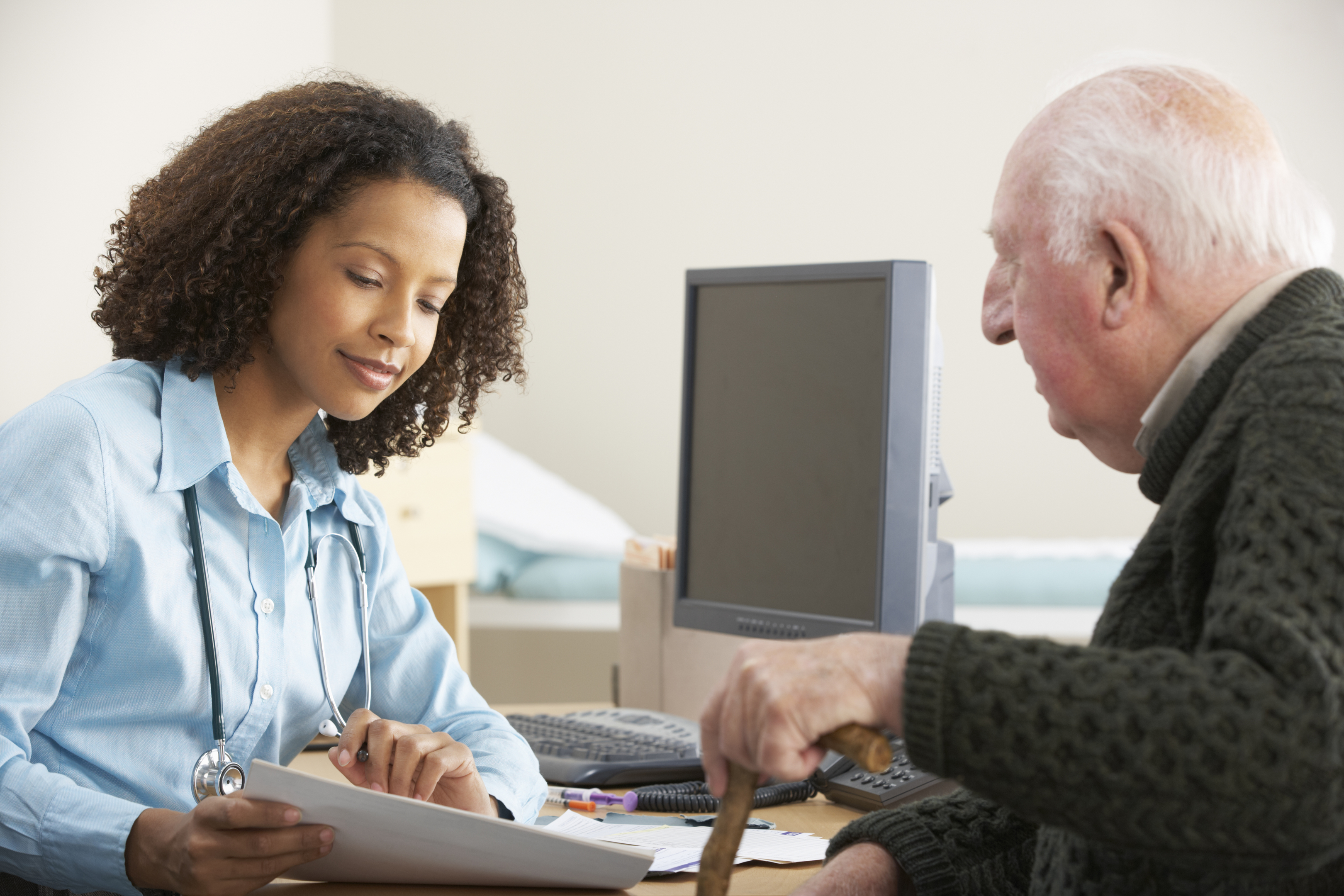
OVER-65s should be regularly asked whether they have suffered from a fall when they visit their GP, new guidance suggests.
Pensioners should be asked about their history of falls during routine check-ups and appointments with family doctors, physiotherapists and pharmacists, according to an updated quality standard from the National Institute for Health and Care Excellence (Nice).
They should also be asked if they have a history of falling in the past year if they are admitted to hospital or during visits from social care workers.
The new standard suggests that those who have fallen in the past year are more likely to fall again.
It says that older people should also be asked whether they ever lose their balance or feel unsteady on their feet.
If a health or care worker identifies someone at risk of falling, the older person can be referred to a healthcare professional or service to further assess their risk, Nice said.
One in three over-65s have a fall at least once a year, past research has found.
Every year, around 255,000 older people are admitted to hospitals in England due to falls.
The guidance cautions health and care workers that some older people are “reluctant to admit to falling”.
Professor Cameron Swift, emeritus professor of healthcare of the elderly who helped develop the quality standard, said: “We recognise that regular questions about falls may seem intrusive or repetitive, but older people often think episodes of falling or unsteadiness unimportant, or that to raise them could threaten future independence.
“By contrast, effective measures are now known to reduce the risk of falls, maintain independence and promote ongoing health.
“It’s vital, therefore, that these are offered to those who need them.”
Nice’s deputy chief executive, Professor Gillian Leng, added: “We know that prevention is better than cure when it comes to falls, particularly in older people.
“Asking older people about falls on a regular basis will identify those who are most at risk.
“Through this simple intervention, those people can then be referred to the right health care professional or service to stop them falling in the future.”

Enjoy the convenience of having The Sunday Post delivered as a digital ePaper straight to your smartphone, tablet or computer.
Subscribe for only £5.49 a month and enjoy all the benefits of the printed paper as a digital replica.
Subscribe